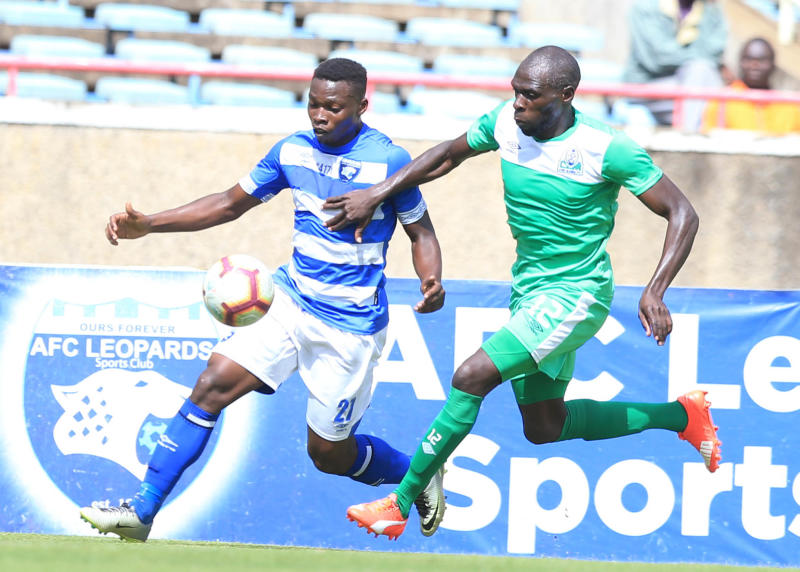×
The Standard e-Paper
Stay Informed, Even Offline

Football is like an art with players as the artists. The players literally have a move of each beat in the game on their sleeves.
And that’s why whenever they want to leave a club, nobody can stand in their way; their mission can only be delayed but not stopped.